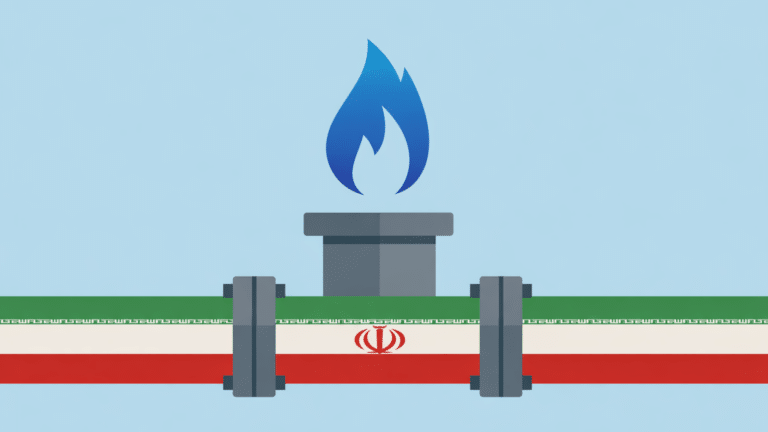This website uses cookies as well as similar tools and technologies to understand visitors’ experiences. By continuing to use this website, you consent to Columbia University’s usage of cookies and similar technologies, in accordance with the Columbia University Website Cookie Notice.
Applications Open for the 2020 Energy Journalism Initiative
The Center on Global Energy Policy at Columbia University SIPA is excited to announce an open call for applications for the 2020 Energy Journalism Initiative, which will be held June 16-19, 2020, in New York at Columbia University.
Rapid changes are underway in the energy sector, we’re approaching a presidential election in the U.S., and climate change is getting more attention than ever before. It is imperative that journalists are equipped with the knowledge to report on the energy sector with insight and nuance. They are key to improving the dialogue around energy and environmental issues, creating a well-informed public and helping public and private sector leaders make good choices about our energy future.
Each summer, the Center on Global Energy Policy invites journalists from around the world to participate in the Energy Journalism Initiative. Taught by CGEP Scholars, Columbia faculty, and other academic, industry, and government experts, the three-day seminar offers journalists the opportunity to learn about the intersecting disciplines shaping the global energy sector, including finance and markets, climate change, science and technology, and geopolitics. EJI participants will gain a greater understanding of energy policy, meet and learn from some of the world’s leading experts on these issues, and enhance their networks and reporting on these vital topics.
Thanks to generous support from the Alfred P. Sloan Foundation, CGEP Advisory Board member Reid Hoffman, and the late Jim Rogers, the program is free to journalists, and includes the cost of lodging, transportation and most meals.
In the words of one of last year’s participants:
“Thanks to CGEP for a chance to dig deep on energy, environment, and how good reporting is vital to explaining climate change, global markets, and utility bills. Met some of the smartest people in the fields and a fierce, fun group of journalists.”
For more information and an FAQ, visit our website. Applications for EJI were due on February 16, 2020. The application period is now closed.
More News
Devex Pro Insider: Nerves in Davos, one year on from the fall of USAID
Highlights from Davos, and the latest career moves in the global development sector.
Relevant
Publications

Iran’s Natural Gas Paradox: Vast Resources, Limited Export Capacity
Iran appears to be a natural gas giant, due to its large proved gas reserves and significant gas production and consumption.

More Efficient Use of Venezuela’s Natural Gas Could Strengthen the Region’s Energy Security and the Country’s Electricity Sector
Venezuela holds 70% of Latin America's natural gas reserves, which it could export to Colombia and Trinidad to increase revenues.



